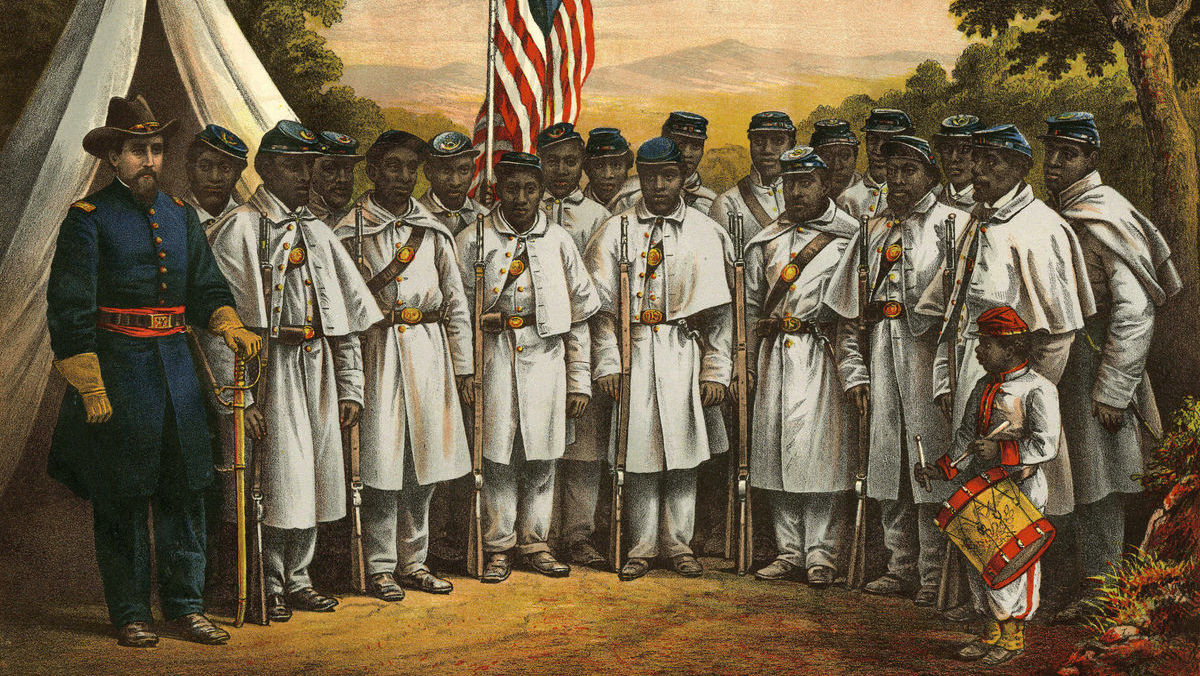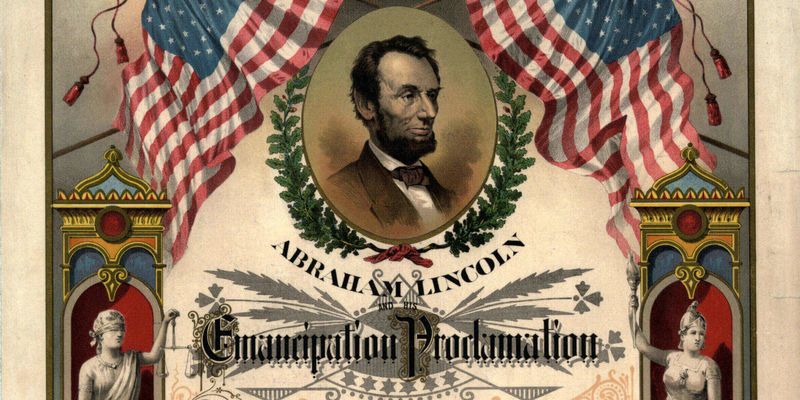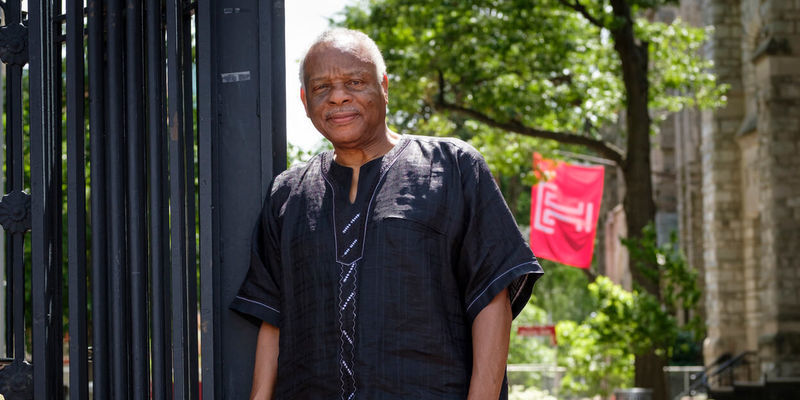Learning from Walmart’s Juneteenth marketing mistake
Timothy Welbeck, acting director of the Center for Anti-racism Research, believes companies must develop more meaningful ways to observe the occasion rather than capitalizing off the holiday commercially.

In light of the significant backlash Walmart received after releasing a Juneteenth-themed flavored ice cream, a Temple University professor believes other companies should develop more meaningful ways to observe the occasion.
The ice cream, which had been sold under the company’s Great Value brand, featured packaging that encouraged consumers to “share and celebrate African American culture, emancipation and enduring hope.”
However, it created an uproar and received a frosty reception from some who criticized the retailer for attempting to profit off of the holiday. Walmart apologized and ended up pulling the product from shelves.
“I think on its face, the ice cream that Walmart attempted to sell at best feels performative and exploitative, in part because Juneteenth is a holiday that signals celebration of liberation, and this feels like an empty symbol rather than a meaningful gesture that companies the size of Walmart could have made to the Black community across the United States in celebration of Juneteenth,” said Timothy Welbeck, an assistant professor of instruction in the Department of Africology and African American Studies and acting director of the Center for Anti-racism Research at Temple University.
Juneteenth commemorates June 19, 1865, when the last enslaved African Americans in Galveston, Texas, were officially told that the Civil War was over and that they were free.
In 1979, Texas became the first state to make Juneteenth an official holiday, and several others followed suit over the years.
Last year, President Joe Biden signed a bill creating Juneteenth National Independence Day.
Instead of performative efforts, Welbeck says there are various things that corporations could be doing to mark the occasion.
“One is a simple acknowledgement of the holiday itself and even potentially having people come through the corporation and teach about its historical meaning, its contemporary implications and also being more aware of their practices as a company as it relates to both their consumer base and to their Black employees,” he said.
“I think that it’s really in the spirit of Juneteenth to ensure that they are doing things that are meaningful for the advancement of both their Black employees and their Black consumers and also where there are avenues for that—even investments in small Black-owned businesses.”
“Juneteenth was once an obscure holiday that was primarily practiced first in Texas and then throughout the nation and has gotten increased visibility in the last several years,” Welbeck continued.
“As it’s getting renewed attention and visibility, I hope that companies will find ways to mark the historic significance of the holiday and not larger performative gestures like what we are seeing here with Walmart and other companies.”


